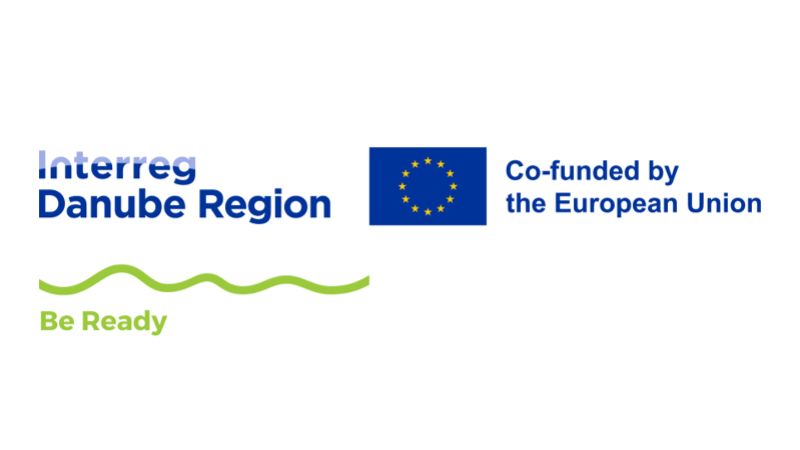Projects
Danube Interreg – Be Ready

Project name: UrBan hEat islands REsilience, prepAreDness and mitigation strategY (Be Ready)
Project lead institution: Sofia Development Association
Project partners: Sofia Development Association (Bulgaria), DEX Innovation center z.s. (Czech Republic), Association Tehnopol of Galati (Romania), Chișinău Town Hall (Moldova), Municipality of Galați (Romania), Science and Technology Park Nis (Serbia), City of Niš (Serbia), City of Zenica (Bosnia and Herzegovina), Urban Planning Institute of the Republic of Slovenia (Slovenia), Pannon Novum West Transdanubian Regional Innovation Nonprofit Ltd. (Hungary), Capital City Podgorica (Montenegro), University of Natural Resources and Life Sciences, Vienna (Austria), Slovak University of Technology in Bratislava (Slovakia), RICANY (Czech Republic), South Moravian agency for public innovation JINAG (Czech Republic), City of Kranj (Slovenia), Policy Consult Ltd (Bulgaria), Development agency North Ltd. (Croatia)
Project budget: 2.408.382,62 euros
Financier: Interreg Programme Danube Region, Programme co-funded by European Union funds (ERDF, IPA, ENI)
Project goal: The “BE Ready” project focuses on strengthening capacities for adaptation to climate change and disaster management related to environmental risks in the Danube region, specifically addressing urban heat islands (UHIs). In cooperation with 19 partners and 9 ASPs from 12 countries, the project introduces a new approach – “green acupuncture”, targeting small but effective, contextual interventions to combat UHIs in critical urban areas. Activities include testing solutions through “green”, “white”, and “blue acupuncture”, that is, interventions based on vegetation, innovative materials, and the use of water resources. Main results include methodologies and tools for UHI risk assessment, tested solutions in 9 pilot cities, a common strategy for improving climate change resilience, action plans, policy recommendations, and awareness campaigns. The project aims to effectively use joint knowledge for a better understanding of UHI effects and strengthening institutional capacities at the local and regional level.
Project activities:
- Providing research, assessment, and operational tools to local and regional authorities to better understand UHI, its causes and effects.
- Joint creation, testing, and validation of jointly developed solutions to mitigate the effects of UHIs in cities.
- Support to partner cities in the development and adoption of action plans for increased resistance to the effects of UHI with concrete actions that promote green, blue, or white measures.
- “Green Acupuncture” enables partners, both cities and knowledge partners, to take targeted, small but powerful, context-based measures to combat UHIs in critical urban areas.
- Pilot cities are testing solutions in three fields: “green acupuncture” (vegetation-based interventions); “white acupuncture” (based on innovative surfaces and materials); and “blue acupuncture” (new uses of water resources).
- The main results of the project include:
- jointly developed and implemented methodologies and tools for UHI risk assessment, data analysis, and modeling at the city level;
- jointly designed solutions to address UHI, tested and reviewed in an urban environment by 12 pilot cities;
- a joint strategy for improving preparedness and resilience to climate change for local and regional governments in the Danube region;
- action plans and transformative strategic outlooks for participants;
- policy recommendations;
- virtual training program with SPOCs;
- awareness campaigns in 12 countries over a 30-month period.